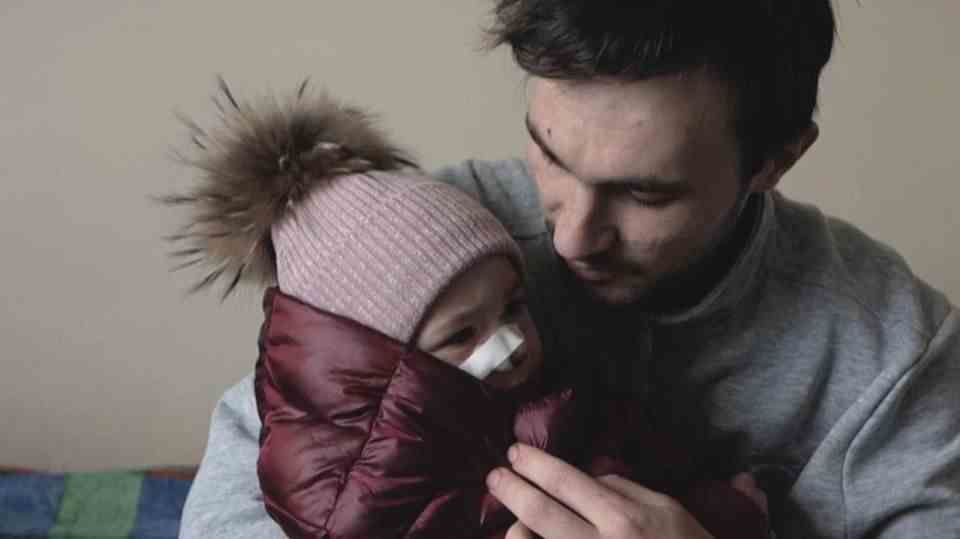opinion
wave of refugees
Good idea from London – private helpers get 420 euros if they take in refugees from the Ukraine
Civilians flee Ukraine. Where should they stay permanently?
© Attila Husejnow / Picture Alliance
An unprecedented wave of refugees is approaching Europe. The government wants to mobilize private living space for this. The thank you bonus could also be a model for Germany.
Britain is among Ukraine’s strongest supporters. British trainers have trained the soldiers, veterans from the Kingdom are joining the Kiev Armed Forces and state-of-the-art man-portable missiles are being delivered to be used against tanks and air targets.
Only on the subject of “refugees” has little worked so far. The reason is Brexit, the generous regulations for the EU do not apply in Great Britain. And the visa formalities for entry do not fit at all in times of war and hardship. The whole web is full of comments from angry Brits who want to provide help and get stuck in the undergrowth of forms.

The British government has promised a remedy here. With another idea, she could even become a role model. Secretary of State for Cabinet Affairs and Housing Michael Glove has announced that every Brit who takes in refugees from Ukraine will be paid £350 a month without red tape. Under the Homes for Ukraine program, hosts who provide rent-free accommodation for at least six months receive the monthly fee from the government, no matter how many refugees they host.
Idea for Germany
An idea that should also catch on here in Germany. 350 pounds is about 420 euros. This is not a sum that could attract the profiteers of misery. And compared to new collective and emergency shelters, the state would also save a lot of money. Such accommodations are usually only used for a few years. The faster the refugees integrate, the faster the facilities are empty. In the case of private involvement, in most cases there is also a family of voluntary integration workers. Above all, no ghettos are created on the outskirts of the city. Collective accommodation can hardly be built in “normal” residential areas even without bad intentions. This is not only prevented by corresponding regulations, most cities do not have any free space of this size that they could build on. In the case of private accommodation, on the other hand, the newcomers would be distributed among the residential areas. There is definitely potential in Germany. Older people in particular often live in apartments and houses in which they do not live in all the rooms.
Details from Great Britain are not yet known. Glove only revealed that local authorities are initially to receive £10,000 for each refugee that arrives. Of course there are also difficult questions. The accommodation should be suitable, but the whole thing must not be burdened with bureaucracy. When officials check, measure and complain about sloping rooms and toilet distances in private houses, the good idea is likely to quickly turn into the opposite. For the private helpers, the money would be a “thank you” and a recognition from the government. And those who don’t need the money can just as unbureaucratically pass it on to their guests from Ukraine.


